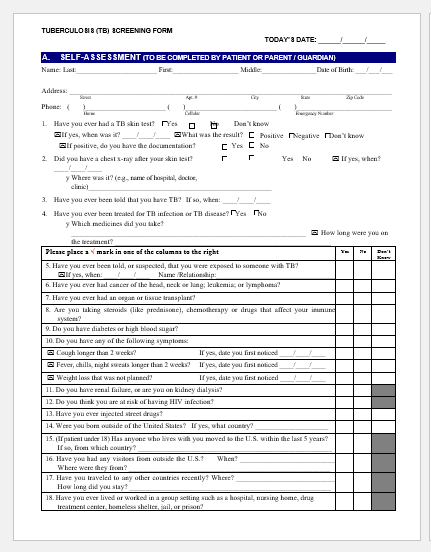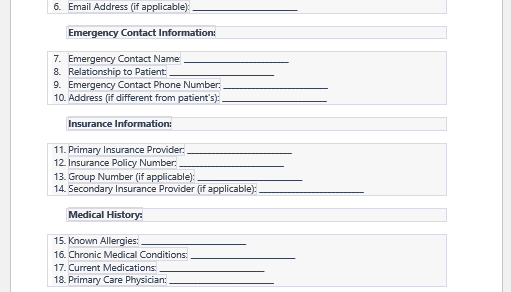The medical field is an age-old practice that has been constantly striving to improve health and increase the life expectancy of people. Since the time of Hippocrates, medical practitioners always had a meticulous way of diagnosing diseases, and it is the establishment of diagnosis that leads to the cure and treatment of ailments.
Importance of medical history of the patient
Medical history is how a medical practitioner can know the nature of the disease and dig out the root cause of the presenting symptoms of the patient. A medical history is a series of questions that the doctor asks to know the patient’s pattern of symptoms. Medical history is also called case history and is derived from the Greek word open memory.
Medical history-taking truly utilizes the patient’s memory when certain questions are asked. These questions are not just related to the presenting complaints but also to any similar symptoms or health events that occurred in the past.
Components of a medical history
Medical history has many sections and there is a specific format for taking history. Medical history forms are printed forms in which basic questions of medical history are already printed and the doctor only fills the form, making history more meticulous. No point is missed in this way.
Introduction
So a medical history form always begins with the introduction of the patient. The introduction of a patient includes name, age, gender, date of birth, address or city, and contact details. It also states the marital status of the patient, especially in the case of females, because this leads to another chapter of history taking.
History of presenting illness
History of presenting illness occupies second place in a medical history form. In this section, a medical practitioner is interested in knowing the nature and all the details of the presenting complaints. For example, if the patient states that he has been suffering from a fever, the doctor will dig further into the fever details. He will ask if the fever was a high or low grade. Was the fever constant or settled down after a while? Did the fever increase at night or in the morning? Was it associated with chills or rigors? This explains the history of the present illness.
Past medical and surgical history
Past medical and surgical history has to be mentioned in the history form. It affects the nature of the present illness, and the diagnosis is changed altogether. The patient is asked about any chronic medical illness, cancer, tuberculosis, appendectomy, herniotomy, Laparotomy, or any other information or event that happened in the past.
History of medication and blood transfusion
History of medication, drug administration, and blood transfusion carries equal importance in the medical history form as any other section of the form.
History of allergies
History of allergies is never missed in a medical history form because future management might have a drug to which the patient is allergic.


